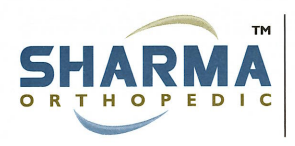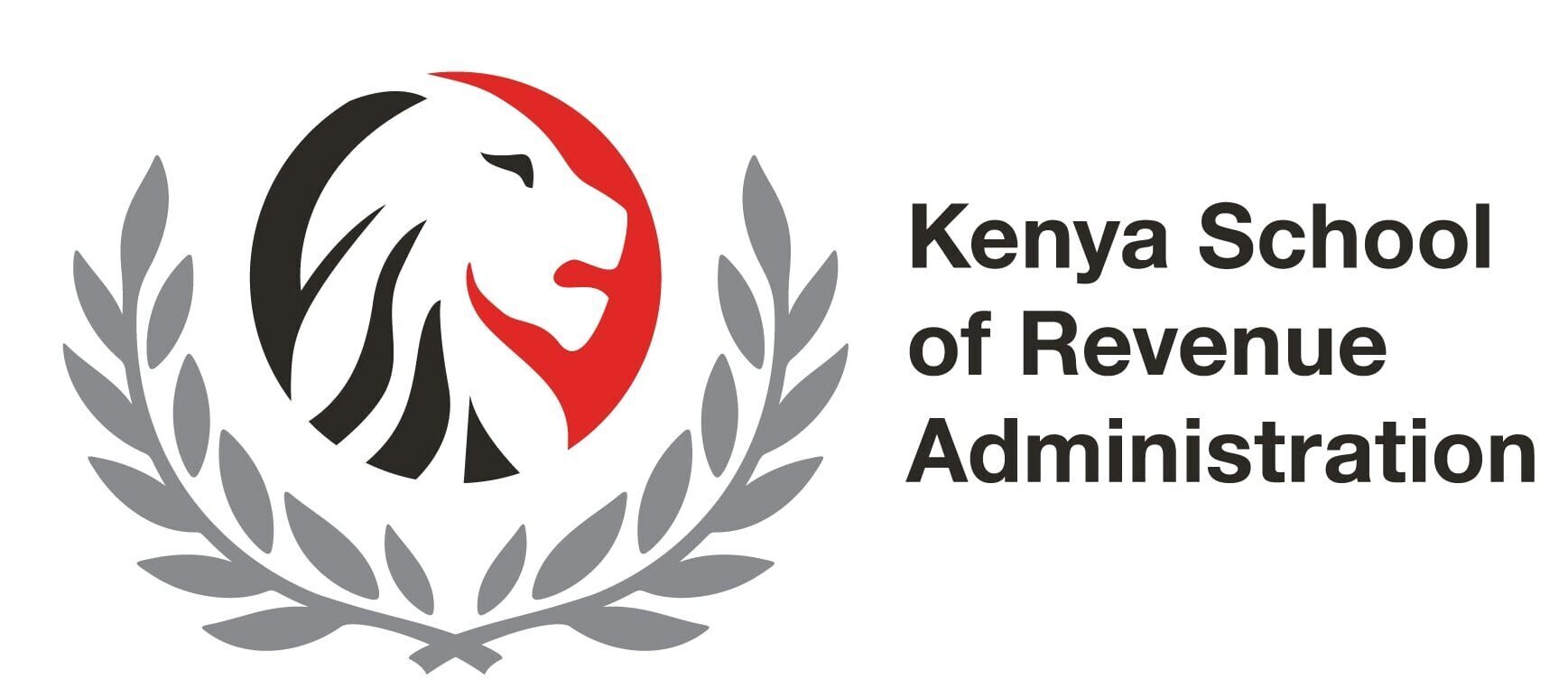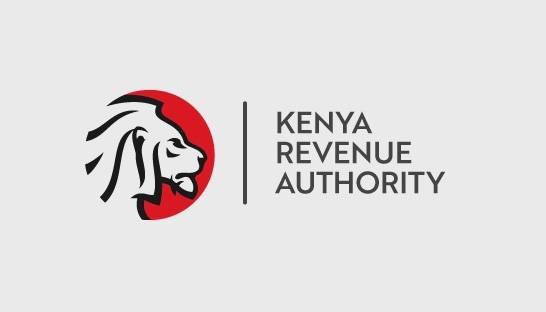REF: Notice of Objection for Re-valuation of Shredded Steel Scrap
We are writing to object to the proposed, re-valuation of shredded steel scrap, imported vide Entry Number xxxxxxx of 21st September 2022 as per sections 229 of EACCMA and Section 122 of EACCMA.
Observations
1) We have been instructed by KRA, to pay extra taxes of KShs 941,989 as a result of the application of an FOB price of USD 420/Ton. We have declared an FOB price of USD 310/Ton.
2) The transaction value declared is derived from the Sales Contract It is the FOB plus Freight, . The complete consignment is 1500Tons. Consideration should be made of the quantities in the Contract during the determination of the accuracy of the declared transaction value.
3) The prices of the commodity fluctuate from day to day hence the need for a binding contract for confirmed supply. This can be confirmed from the prices at the London Metals Exchange on page 3. The signed sales contract is attached.
4) The prices of the Shredded Steel Scrap at the London Metals Exchange serve as a credible indicator of the prices in the UK. A look at those prices reveals that the values proposed by KRA are way off the average market offers of this item. These prices are general offers before contract negotiations are undertaken. The table on page 3 illustrates the average offer prices.
The link to London Metals Exchange is https://www.lme.com/en/metals/ferrous/lme-steel-scrap-cfr-turkey-platts#Trading+day+summary
5) The country of origin for the declaration used to obtain KRAs proposed value is Poland. The country of origin of our consignment is Great Britain(column 15a on the declaration). The country of origin is also indicated on page 3 of the sales contract.
Therefore, the comparison of the transaction value of our import with those from Poland offends the rules of Valuation. The processing of steel is energy intensive. The cost of Electricity in Poland is much higher than the rest of Europe due to dependence on coal power and the introduction of Carbon Emission Tax by the European Union. The write up below explains the difference in cost of electricity in Poland in detail.
‘’High energy prices remain on the Polish steel market. The price of energy per 1 tonne of steel in Poland is higher than in other EU countries. When analysing the prices of annual electricity purchase contracts in Poland, Germany, Slovakia, the Czech Republic and Romania in 2015-2020, the prices on the Polish market significantly differ from our direct neighbours producing electricity , on average, in the analysed period, prices in Poland were higher by 25 % compared to Germany, 29 % – the Czech Republic, 23 % – Slovakia and 10 % compared to Romania, and in the period from the beginning of 2019, the average electricity price in Germany was lower from the price in Poland by nearly PLN 60 /MWh. The price difference is due to the fact that electricity in Poland is still produced from solid fossil fuels (over 77 % in 2018). Over the years, electricity has been charged with many additional charges in Poland (e.g., the distribution fee, grid fee in 2020 was 41 /MWh of energy). According to Polish Steel Association, the level will be the same in 2021 The prices of steel and steel products will be strongly influenced by the carbon tax (a policy implemented by the European Union), which aims to include their carbon footprint in the prices of imported products. This is all the more important as the cost of carbon dioxide emissions in the EU is rising rapidly’’
6) The client is an Authorised Economic Operator who would not get involved in the alteration of the transaction value. This would be a breach of the terms of admission into the AEO program. Forensic investigation of the transaction value should be referred to Post Clearance Audit in line with KRA guidelines on AEOs. Please refer to the 3 pillars of the AEO Programme outlined below: AEO is a preferential custom clearing programme that allows trusted customs clients to enjoy:
- Preferential customs facilitation when clearing.
- Reduced time and cost at points of service.
- Customs certified secured and reliable trading partner when trading.
The instant consignment (13 containers) is still at ICDN due to the value proposed by the Profiling and Targeting section of KRA
7) The importer frequently imports the same kind of material at about the cost declared from Great Britain and Sweden. There is therefore no justification for the re-valuation for this particular consignment.
8) The consignment should have been released in the spirit of Sections 122 of EACCMA, and Article 13 of the WCO Articles of Valuation.
9) Extracted below find a section of the Interpretative notes of the WCO Articles of Valuation. The importers values have been accepted by customs on multiple occasions, therefore those values qualify as test values previously accepted by customs. There is no justification in this instant to reject this particular transaction value.
‘’Paragraph 2 (b) provides an opportunity for the importer to demonstrate that the transaction value closely approximates to a “test” value previously accepted by the customs administration and is therefore acceptable under the provisions of Article 1.’’
Extracts from the 4th Schedule of EACCMA and WCO Articles of Valuation
TRANSACTION VALUE
- (1) The customs value of imported goods shall be the transaction value, which is the
price actually paid or payable for the goods when sold for export to the Partner State adjusted
in accordance with the provisions of Paragraph 9.
TRANSACTION VALUE OF IDENTICAL GOODS
- (1) (a) Where the customs value of the imported goods cannot be determined under the
provisions of paragraph 2, the customs value shall be the transaction value of identical goods sold for export to the Partner State and exported at or about the same time as the goods being valued:
(b) In applying the provisions of this paragraph, the transaction value of identical goods in a sale at the same commercial level and in substantially the same quantity as the goods being valued shall be used to determine the customs value and where no such sale is found, the transaction value of identical goods sold at the different commercial level or in different quantities, adjusted to take account of differences attributable to commercial level or to quantity, shall be used, provided that such adjustments can be made on the basis of demonstrated evidence which clearly establishes the reasonableness and accuracy of the adjustment, whether the adjustment leads to an increase or decrease in the value;
(2) Where the costs and charges referred to in Paragraph 9 (2) are included in the transaction value, an adjustment shall be made to take account of significant differences in such costs and charges between the imported goods and the identical goods in question arising from differences in distances and modes of transport.
(3) Where in applying the provisions of this paragraph, more than one transaction value of identical goods is found, the lowest such value shall be used to determine the customs value of the imported goods.
TRANSACTION VALUE OF SIMILAR GOODS
- (1) (a) Where the customs value of the imported goods cannot be determined under the provisions of Paragraph 2 and 3, the customs value shall be the transaction value of similar goods sold for export to the Partner State and exported at or about the same time as the goods being valued.
(b) In applying this Paragraph, the transaction value of similar goods in a sale at the same commercial level and in substantially the same quantity as the goods being valued shall be used to determine the customs value. Where no such sale is found, the transaction value of similar goods sold at a different commercial level and/or in different quantities, adjusted to take account of differences attributable to commercial level and/or to quantity, shall be used, provided that such adjustments can be made on the basis of demonstrated evidence which clearly establishes the reasonableness and accuracy of the adjustment, whether the adjustment leads to an increase or a decrease in the value.
(2) Where the costs and charges referred to in subparagraph (2) of Paragraph 9 are included in the transaction value, an adjustment shall be made to take account of significant differences in such costs and charges between the imported goods and the similar goods in question arising from differences in distances and modes of transport.
(3) Where, in applying the provisions of this paragraph, more than one transaction value of similar goods is found, the lowest such value shall be used to determine the customs value of the imported goods.
ADJUSTMENTS TO VALUE
- (1) In determining the customs value under the provisions of Paragraph 2, there shall be added to the price actually paid or payable for the imported goods as follows:
(a) to the extent that they are incurred by the buyer but are not included in the price actually paid or payable for the goods:
(i) the commissions and brokerage, except buying commissions.
(ii) the cost of containers which are treated as being one for customs purposes with the goods in question.
(iii) the cost of packing whether for labour or materials.
(b) the value, apportioned as appropriate, of the goods and services where supplied directly or indirectly by the buyer free of charge or at reduced cost for use in connection with the production and sale for export of the imported goods, to the extent that such value has not been included in the price actually paid or payable as follows:
(i) materials, components, parts and similar items incorporated in the imported goods.
(ii) tools, dies, moulds and similar items used in the production of the imported goods.
(iii) materials consumed in the production of the imported goods.
(iv) engineering, development, artwork, design work, and plans and sketches undertaken elsewhere than in the Partner State and necessary for the production of the imported goods.
(c) royalties and license fees related to the goods being valued that the buyer must pay, either directly or indirectly, as a condition of sale of the goods being valued, to the extent that such royalties and fees are not included in the price actually paid or payable;
(d) the value of any part of the proceeds of any subsequent resale, disposal or use of the imported goods that accrues directly or indirectly to the seller.
(2) In determining the value for duty purposes of any imported goods, there shall be added to the price actually paid or payable for the goods:-
(a) the cost of transport of the imported goods to the port or place of importation into the Partner State; provided that in case of imports by air no freight costs shall be added to the price paid or payable.
(b) loading, unloading, and handling charges associated with the transport of the imported goods to the port or place of importation into the Partner State; and
(c) the cost of insurance, or one per cent of C&F value where actual insurance payable is not ascertainable.
(3) Additions to the price actually paid or payable shall be made under this paragraph only on the basis of objective and quantifiable data.
(4) Additions shall not be made to the price actually paid or payable in determining the customs value except as provided in this paragraph
Section 122 of EACCMA
- (1) Where imported goods are liable to import duty ad valorem, then the value of such goods shall be determined in accordance with the Fourth Schedule and import duty shall be paid on that value.
(2) Upon written request, the importer shall be entitled to an explanation in writing from the proper officer as to how the Customs value of the importer’s goods was determined.
(3) Where, in the course of determining the customs value of imported goods, it becomes necessary for the Customs to delay the final determination of such customs value, the delivery of the goods shall, at the request of the importer be made:
Provided that before granting such permission, the proper officer may require the importer to provide sufficient guarantee in the form of a surety, a deposit or some other appropriate
security as the proper officer may determine, to secure the ultimate payment of customs duties for which the goods may be liable.
Article 13 of the WCO Rules of Valuation
If, in the course of determining the customs value of imported goods, it becomes necessary to delay the final determination of such customs value, the importer of the goods shall nevertheless be able to withdraw them from customs if, where so required, the importer provides sufficient guarantee in the form of a surety, a deposit or some other appropriate instrument, covering the ultimate payment of customs duties for which the goods may be liable. The legislation of each Member shall make provisions for such circumstances.
Article 15 of the WCO Rules of Valuation
- In this Agreement :
(a) “customs value of imported goods” means the value of goods for the purposes of levying ad valorem duties of customs on imported goods.
(b) “country of importation” means country or customs territory of importation; and
(c) “produced” includes grown, manufactured, and mined.
- In this Agreement :
(a) “identical goods” means goods which are the same in all respects, including physical characteristics, quality, and reputation. Minor differences in appearance would not preclude goods otherwise conforming to the definition from being regarded as identical.
(b) “similar goods” means goods which, although not alike in all respects, have like characteristics and like component materials which enable them to perform the same functions and to be commercially interchangeable. The quality of the goods, their reputation and the existence of a trademark are among the factors to be considered in determining whether goods are similar.
(c) the terms “identical goods” and “similar goods” do not include, as the case may be, goods which incorporate or reflect engineering, development, artwork, design work, and plans and sketches for which no adjustment has been made under paragraph 1 (b) (iv) of Article 8 because such elements were undertaken in the country of importation.
(d) goods shall not be regarded as “identical goods” or “similar goods” unless they were produced in the same country as the goods being valued.
(e) goods produced by a different person shall be taken into account only when there are no identical goods or similar goods, as the case may be, produced by the same person as the goods being valued.
- In this Agreement “goods of the same class or kind” means goods which fall within a group or range of goods produced by a particular industry or industry sector and includes identical or similar goods.
Article 16 of the WCO Rules of Valuation
Upon written request, the importer shall have the right to an explanation in writing from the customs administration of the country of importation as to how the customs value of the importer’s goods was determined.
The following considerations should be upheld in the determination of the transaction value.
1) The Transaction value forms the basis of the customs value with additions of Article 9
2) The period of consideration when considering values of identical or similar imported goods should be 90 days
3)The country of origin for imported goods used for value comparison should be Great Britain.
4)KRA should not consider, the higher of two values during customs value determination.
5)KRA should not consider the price of shredded steel scrap in Great Britain’s, domestic market
6)KRA should not consider a set of Minimum Values in the determination of the Transaction value
7)KRA should not consider arbitrary values in the determination of values
8)KRA should not use the selling price in the Kenya of goods produced in this country.
9)The goods being considered for value determination should be from Great Britain, if those from the same consignor are not available
10) The goods being considered for value determination should be adjusted for commercial and quantity consideration
Please take note of the definition of Identical and Similar Goods, because it is very important in the determination of which imports should be used to determine a value for our Imports
(a)Identical goods: means goods which are same in all respects, including physical characteristics, quality, and reputation. Minor differences in appearance shall not preclude goods otherwise conforming to the definition from being regarded as identical.
(b)Similar goods means goods which, although not alike in all respects, have like characteristics and like component materials which enable them to perform the same functions and to be commercially interchangeable. The quality of the goods, their reputation and the existence of a trademark are among the factors to be considered in determining whether goods are similar.
(c) Goods shall not be regarded as identical goods or similar goods unless they were produced in the same country as the goods being valued.
(d) Goods produced by different persons shall be considered only when there are no identical goods or similar goods, as the case may be, produced by the same person as the goods being valued.
Attached please find the Sales Contract, Commercial invoice, SWIFT money transfer as supporting documents for the Transaction Value.
We therefore request for a written response and verifiable justification for the proposed alteration of a binding value in the sales agreement as per section 122(2) of EACCMA and Article 16 of the WCO Rules of Valuation or otherwise set aside the re-valuation.
Yours faithfully
Janron Consult
—————————————————————————————————————————————–
Janron Consult, Tax Consultant Kenya, Customs Tax Consultant Kenya, Tax Advisory Kenya
Talk to Janron Consult for the following:
Ministry of Health Exemptions
Treasury Exemptions
Advance Ruling Application to KRA
Objection to KRA Rulings on Customs Value
Objections to KRA Rulings on HS Classification








